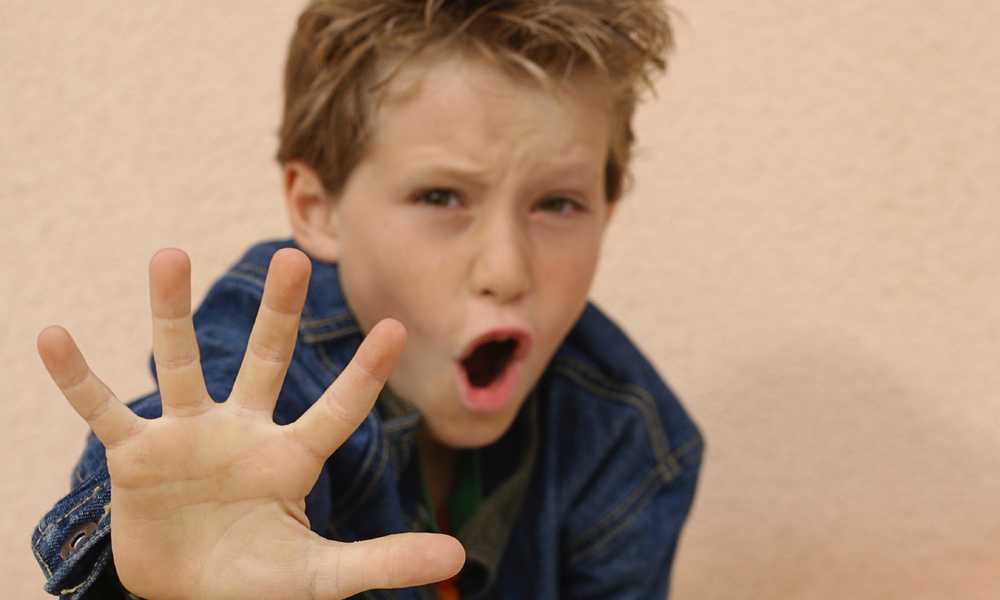You've heard it before: spare the rod, spoil the child. That's completely backwards, a new study says — it's using the rod that spoils the child.
It is estimated that 80 percent of U.S. children have been spanked by the time they reach kindergarten. In contrast, over 50 countries ban the corporal punishment of children.
Researchers at the University of Manitoba took advantage of data on U.S. adults 18 years and older supplied by NESARC — the National Survey on Alcohol and Related Conditions. The survey asked a wide range of questions and included large sections on childhood and adult behavior. The study's third wave, which the current authors used, had responses from over 36,000 adults from the U.S. general population.Physical neglect — including being left alone or unsupervised before the age of 10, or going without necessary clothing, school supplies, food or medical treatment — also raised the risk of antisocial behavior.
People who were physically punished as a child were considerably more likely to engage in antisocial behavior as adults.
As you might expect, findings were similar for child mistreatment — a broader class of parenting behavior that included physical abuse, sexual abuse, emotional abuse and neglect, and physical neglect — such as being left alone or unsupervised before the age of 10 or going without necessary clothing, school supplies, food or medical treatment. Both boys and girls exposed to these behaviors were also more likely to commit antisocial acts as adults.
The study has its limitations. It can't furnish much in the way of proof. The authors estimate harsh physical punishment as a child could be responsible for nearly half of all adult antisocial activities if all the reported antisocial acts in the study were caused by childhood physical punishment, which is well beyond what the study can prove.
The research project does show that childhood physical punishment or other mistreatment is often part of the backgrounds of adults committing antisocial acts, but it can't demonstrate that any of the reported antisocial acts were actually caused by physical punishment or mistreatment. Finally, the study relies on self-reported information, not objective measures of behavior.
There's always another way to make your point.
The authors recommend that preventing harsh physical punishment of children become a public health priority that could help lead to less antisocial and more civil behavior in adults.
An article on the study appears in JAMA Network Open.





